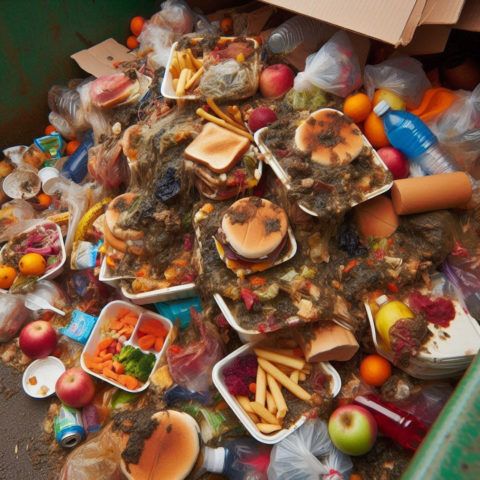Witchdoctor guest columnist Efeso Collins celebrated Christmas in a garage, a place of both great joy and abject misery.
 Our family celebrated Christmas in the garage this year. The homily at midnight mass was how the story of Bethlehem is where worlds collide – the rich and the poor, the powerful and the insignificant, the sheltered and the stabled. The sparkling lights throughout the church helped capture the imagination when parts of the mass felt tiring, given we were closing in on midnight.
Our family celebrated Christmas in the garage this year. The homily at midnight mass was how the story of Bethlehem is where worlds collide – the rich and the poor, the powerful and the insignificant, the sheltered and the stabled. The sparkling lights throughout the church helped capture the imagination when parts of the mass felt tiring, given we were closing in on midnight.
Following the benediction, we joyfully wished family and parishioners a merry Christmas and set off to our usual family tradition, which is to open our presents together at home. In the garage.
I’ve been reflecting on the commentary on garages since Christopher Luxon’s comments about young men dreaming up particular futures in them. There’s been the rightful pushback from those of us who’ve lived in South Auckland all our lives and seen how garages are places where birthdays are celebrated, entrepreneurial ideas are envisioned and lyrics to amazing songs come to be.
 Growing up, it was counted a privilege to be able to turn the garage into your room, signifying a small step towards independence and adulthood, especially for us boys. I’ve also been to the homes of friends who park their cars in the garage. Wow.
Growing up, it was counted a privilege to be able to turn the garage into your room, signifying a small step towards independence and adulthood, especially for us boys. I’ve also been to the homes of friends who park their cars in the garage. Wow.
The case is very different today. Families are cramming into cold, damp, uninsulated and often toilet-less garages to find shelter for themselves. Ruthless slumlords prey on these families knowing they have nowhere else to turn to keep the kids safe and dry at night. Successive governments haven’t built fast enough and depending on which shade of government is in power, they’re either too slow to build State housing or too keen to sell them off.
Vulnerable families are caught in the political crossfire and left to the mercy of the market – those failed economic ideas that suggest we’ll reach some miraculously, balanced price equilibrium when supply finally catches up to demand. They’re the same outdated economic premises that suggest we need higher unemployment to dampen inflation.
Fale mo aiga – The Pacific Housing Strategy 2030 – is an attempt to address some of these issues for Pasifika communities. It’s a hopeful document, but its focus on financial literacy is confined to those who can work their way towards home ownership. With Pasifika home ownership around 18 per cent, this part of the strategy is good for the long term but doesn’t deal to the immediate need of numerous families on waiting lists to get housing.
The strategy also wants to see the establishment of Pacific community housing providers (CHPs), which in itself is great, but there is little support to ensure these providers don’t just become community rental management organisations, without the teeth or capital to buy properties as well.
For the immediate future, the message is pretty clear: Kainga Ora, please build more houses.
So there we were as a family seated in the garage; the Christmas music pumping while we naughtily indulged in the sweet treats around us. One of the aunties played the role of Santa and gave each child their gift before they tore into them with great glee and anticipation.
For our family, the garage gave us a sense of warmth, connection and joy. But that same garage sense of connection comes at a cost, because garages have also given families rheumatic fever, food insecurity and pain. Much like the story of Bethlehem, garages are places where worlds really do collide.
- Witchdoctor’s guest columnist Efeso Collins was a two-term Auckland councillor and the highest-polling candidate in the Manakau ward. He is of Samoan and Tokelauan descent.















